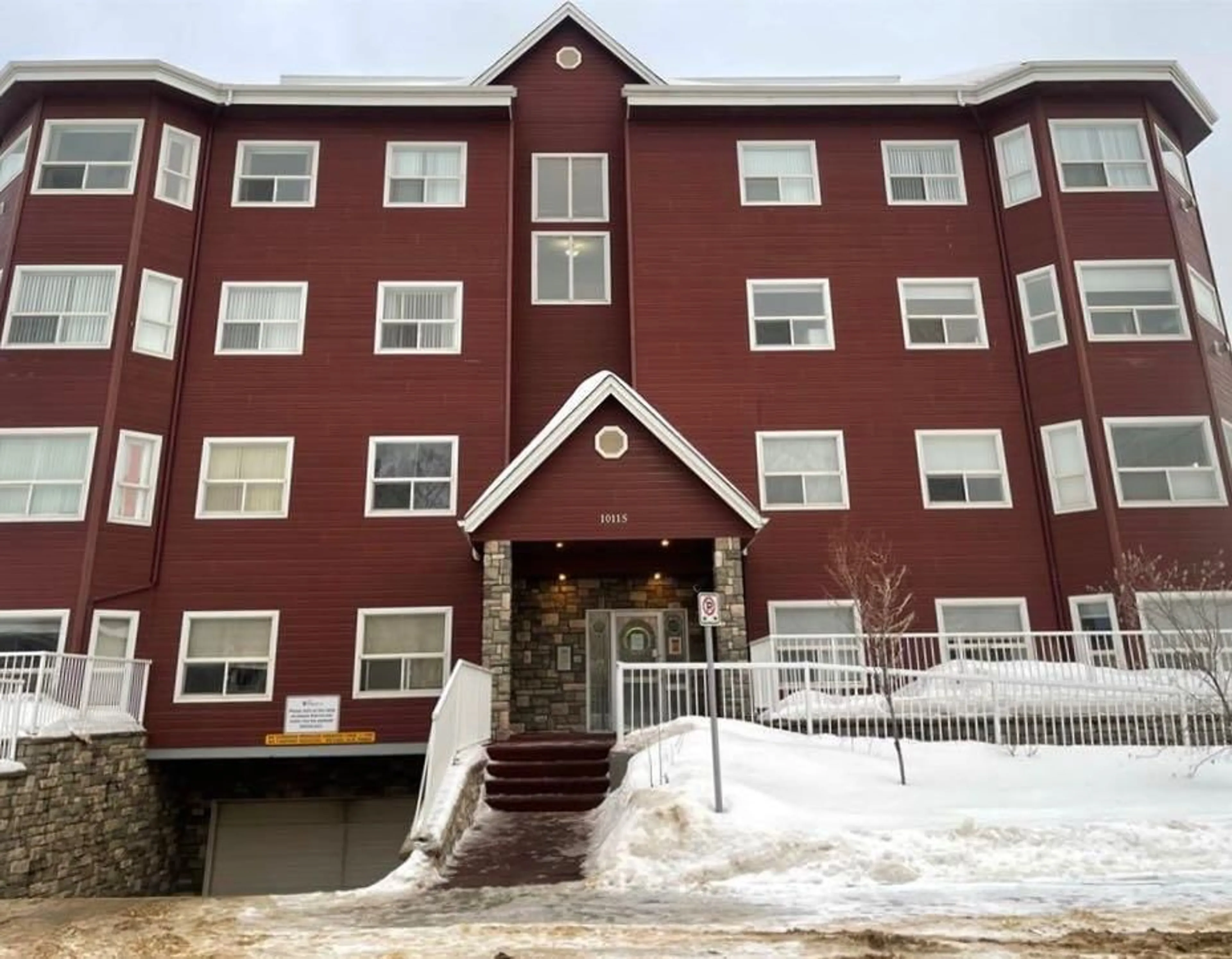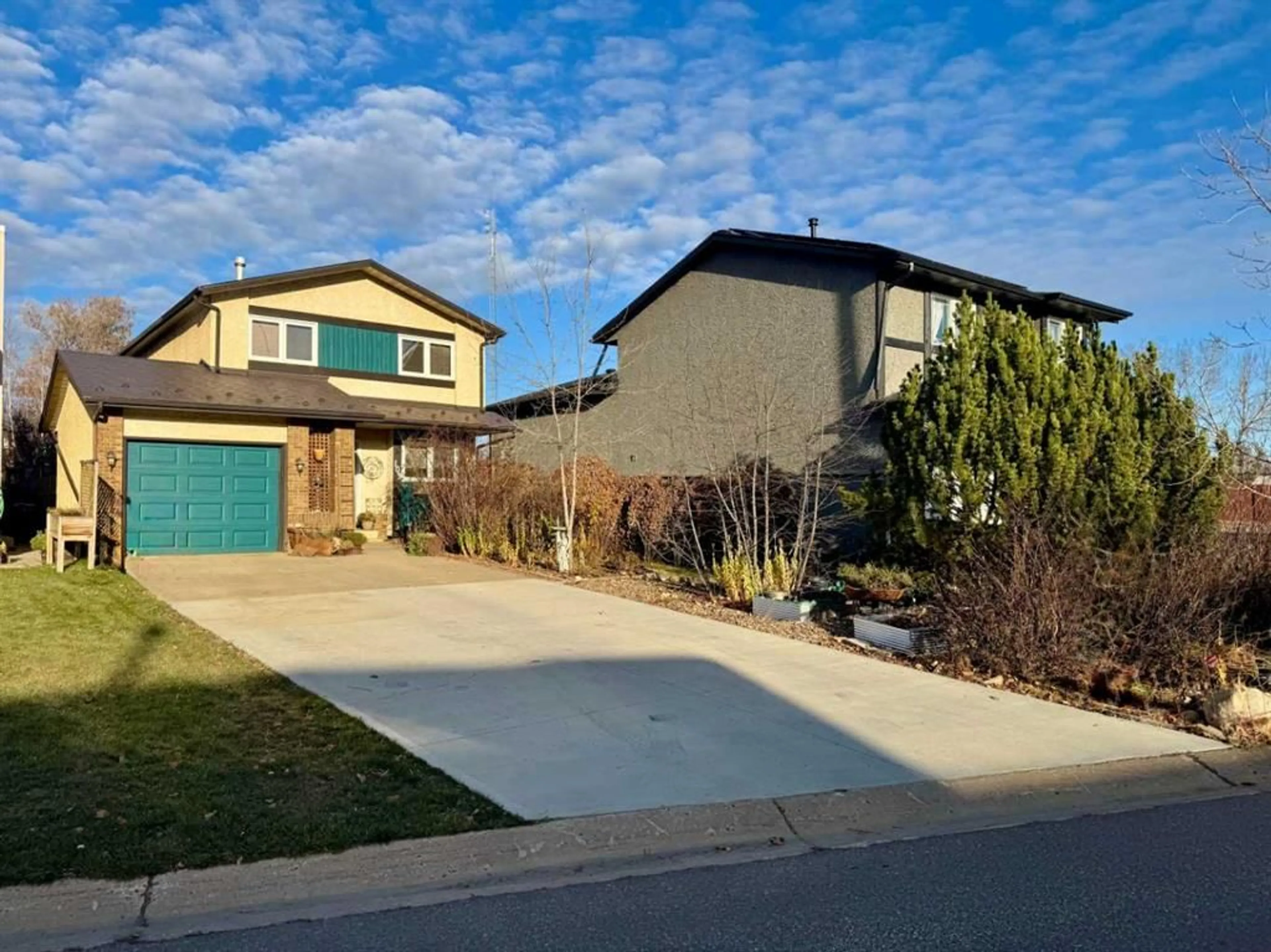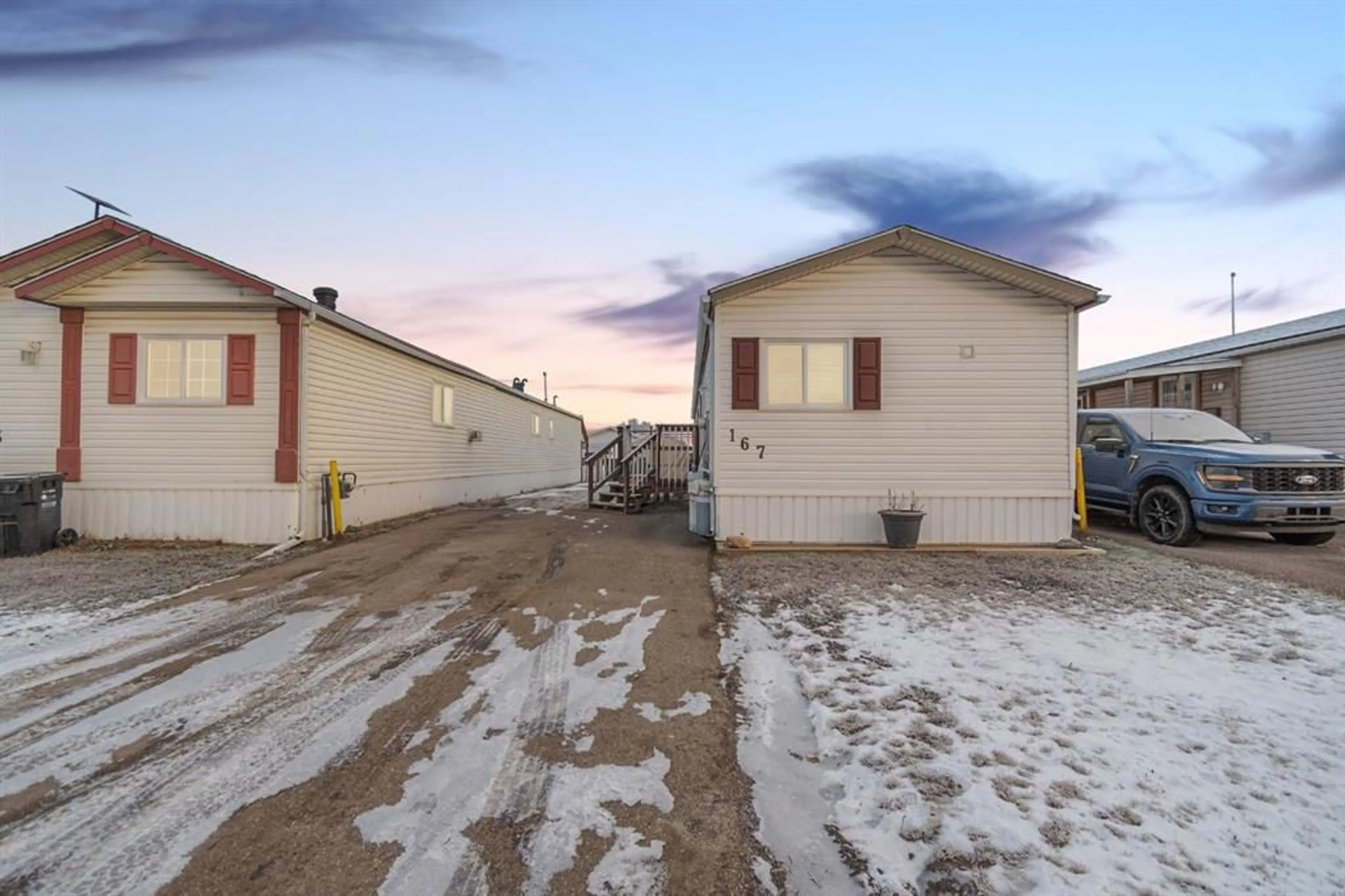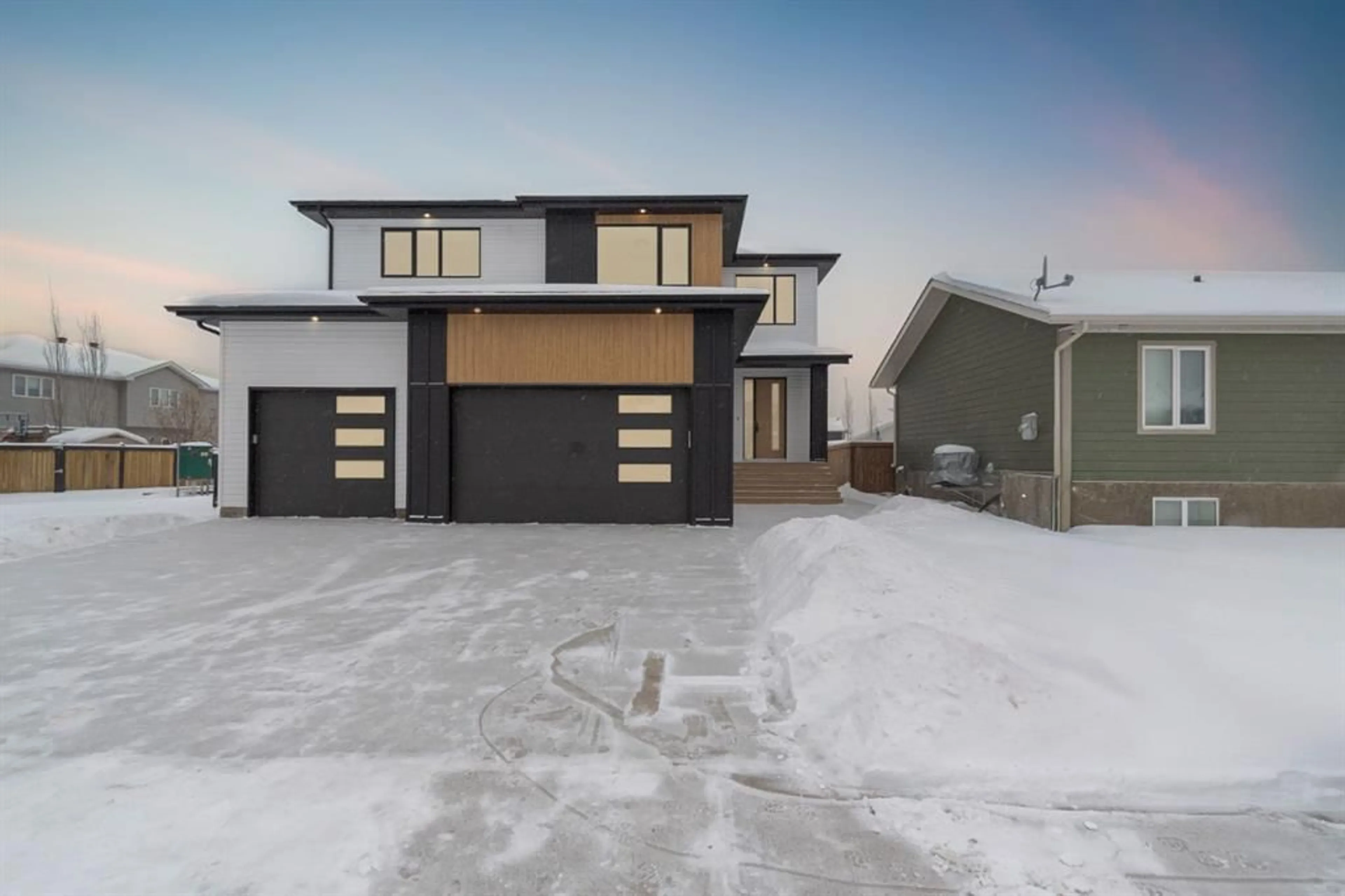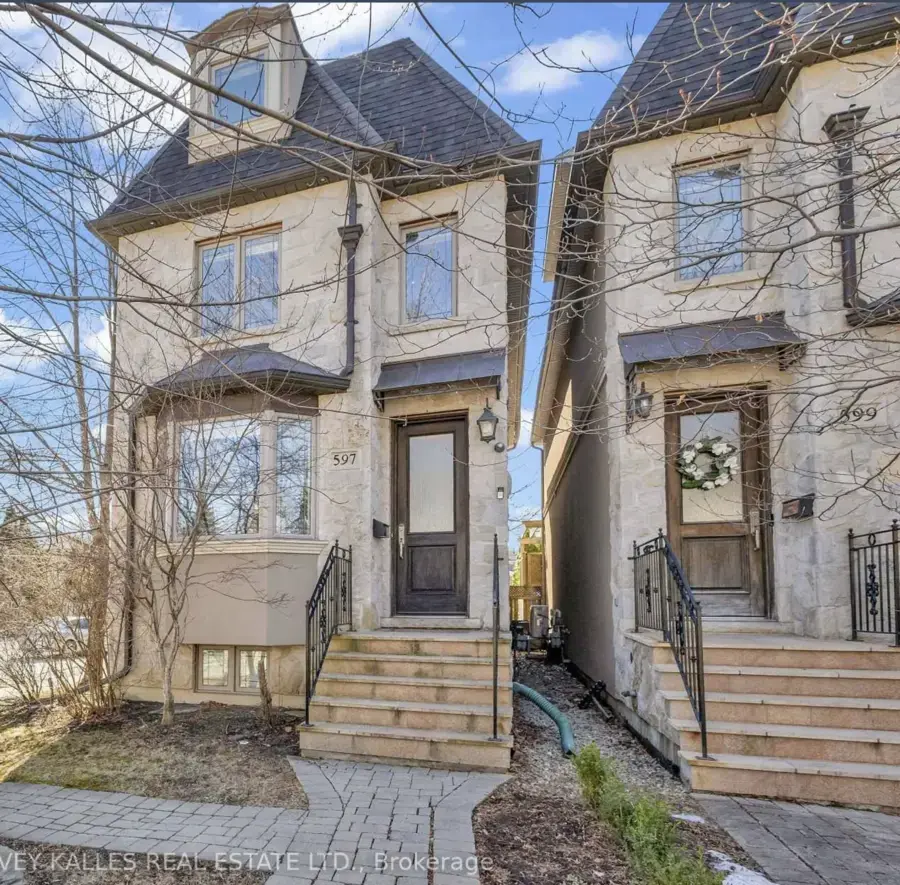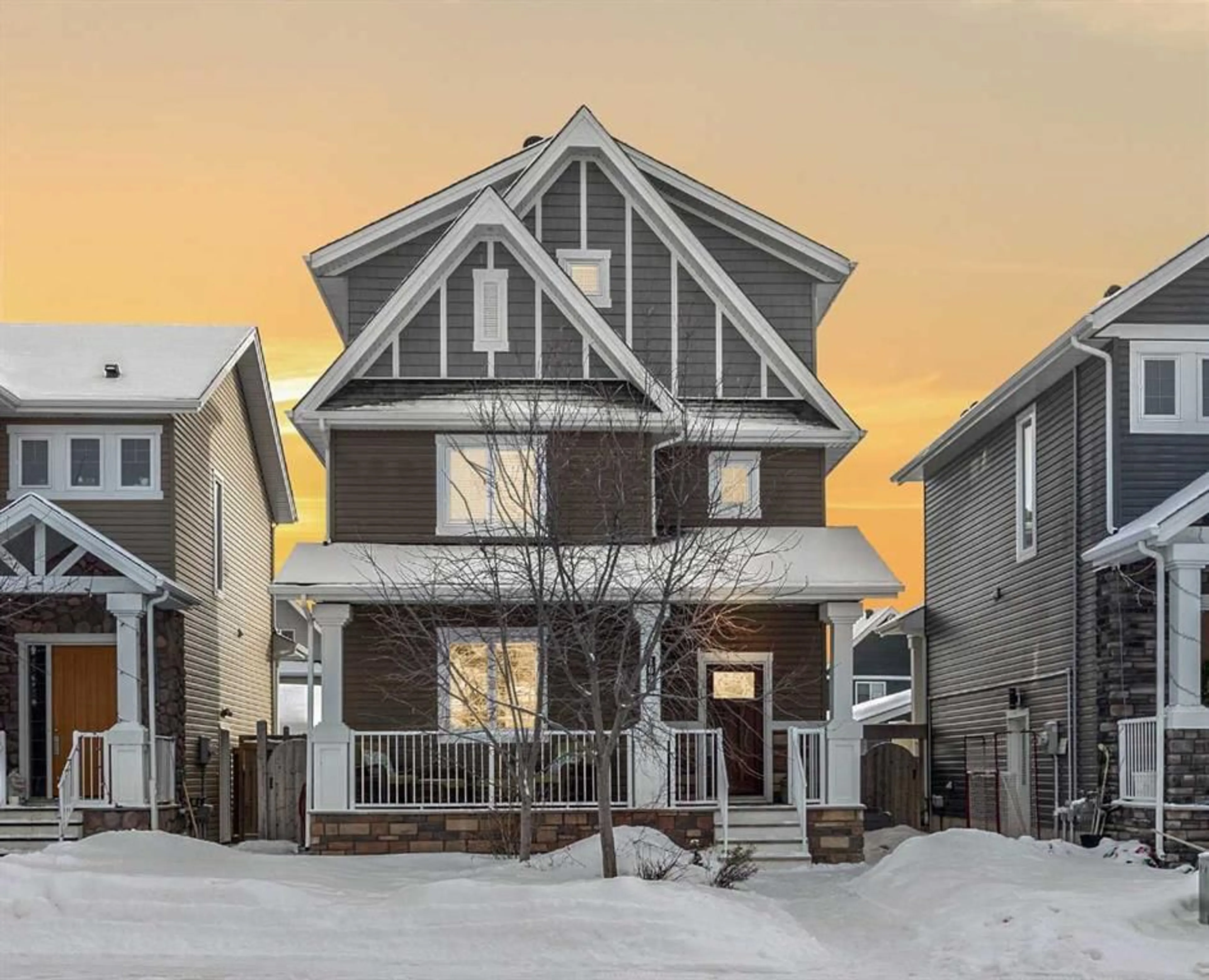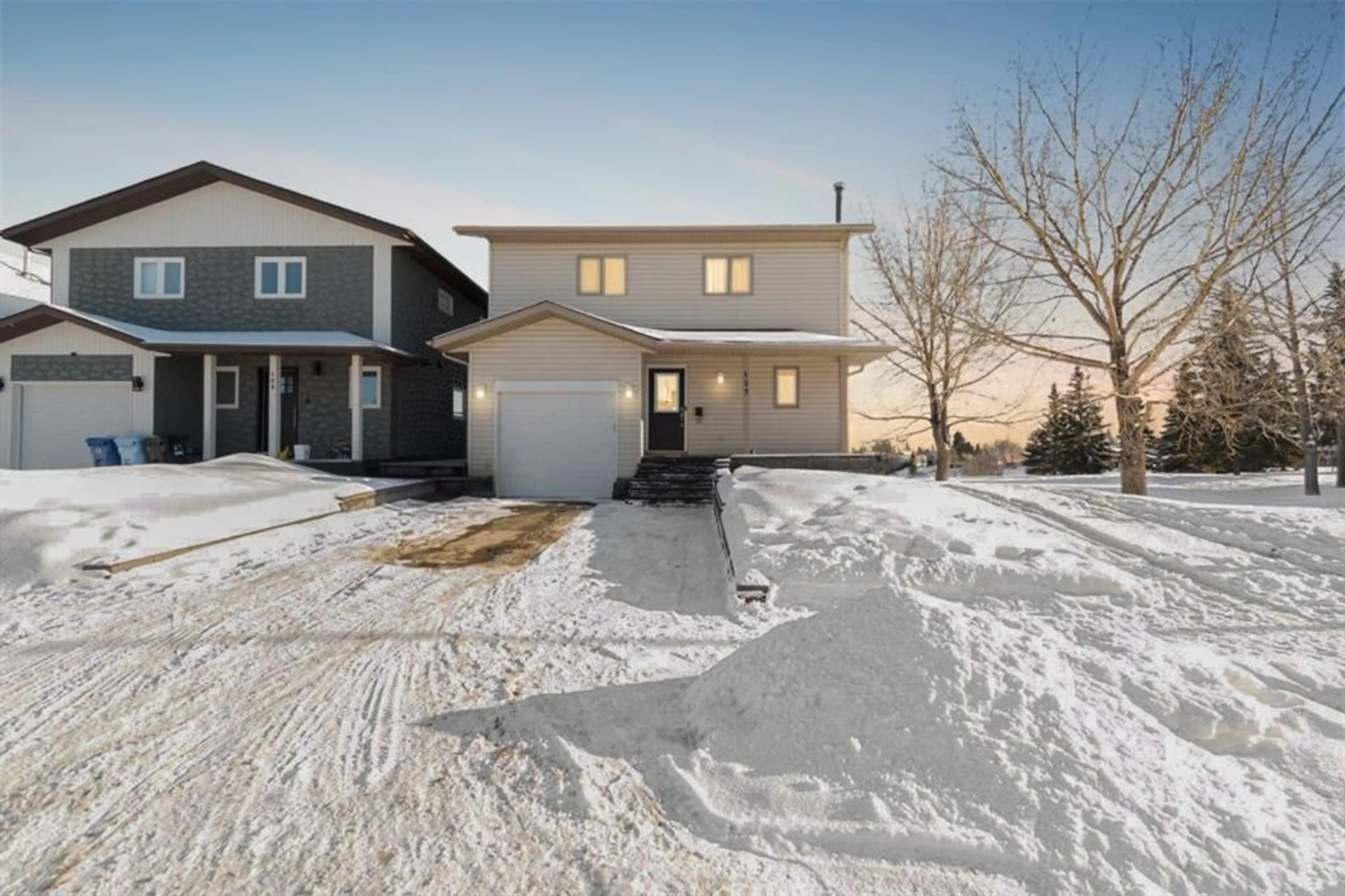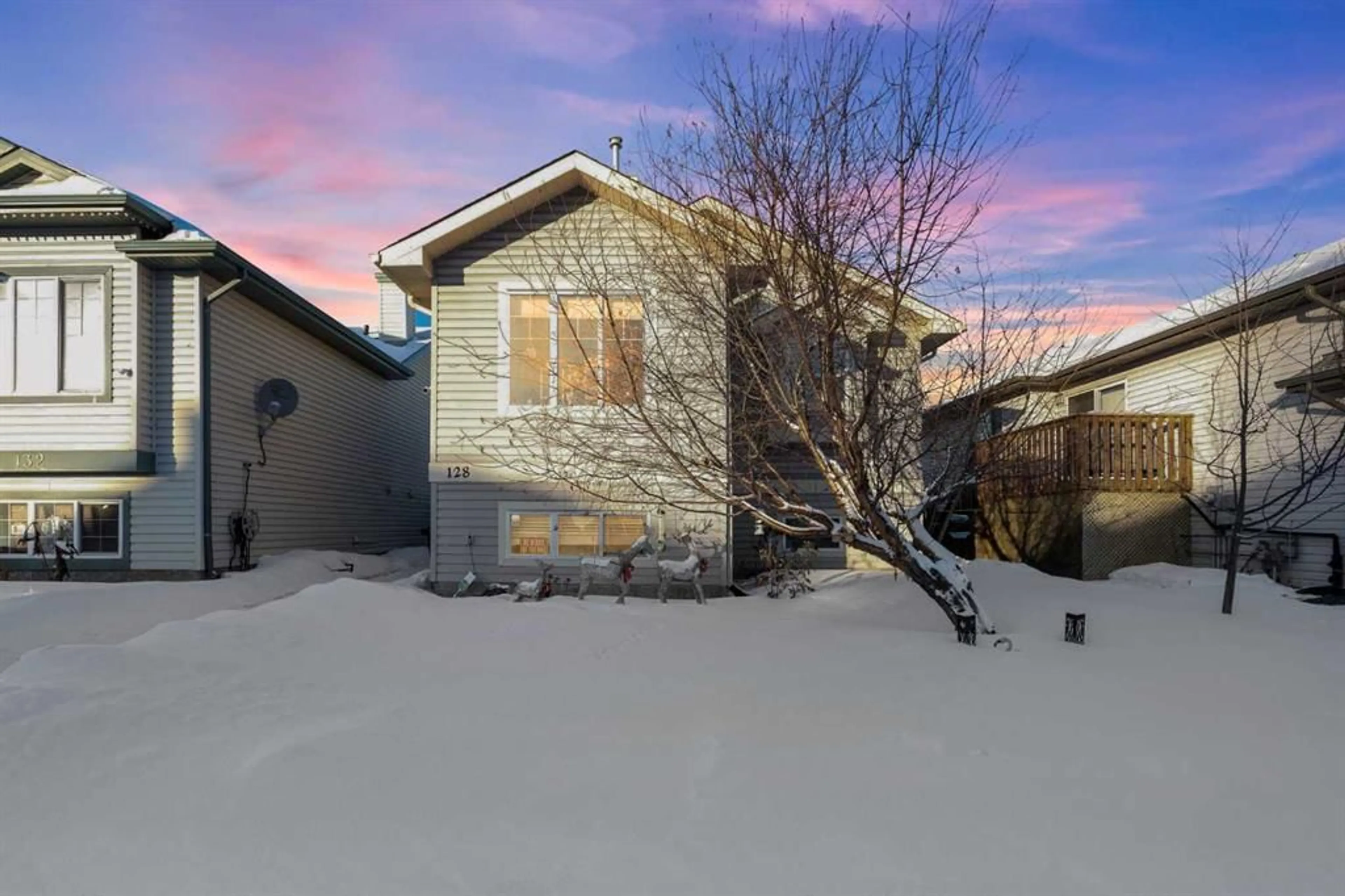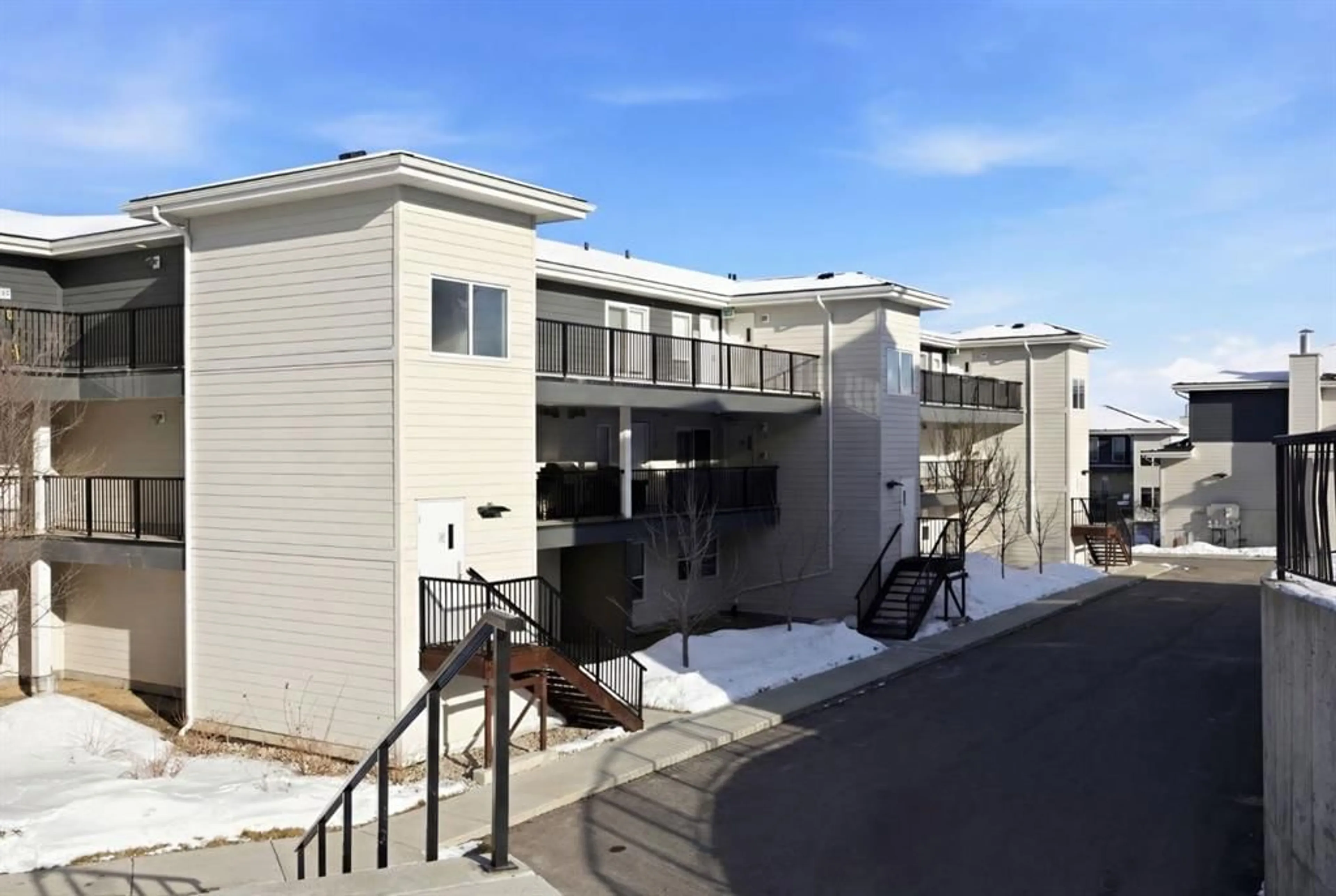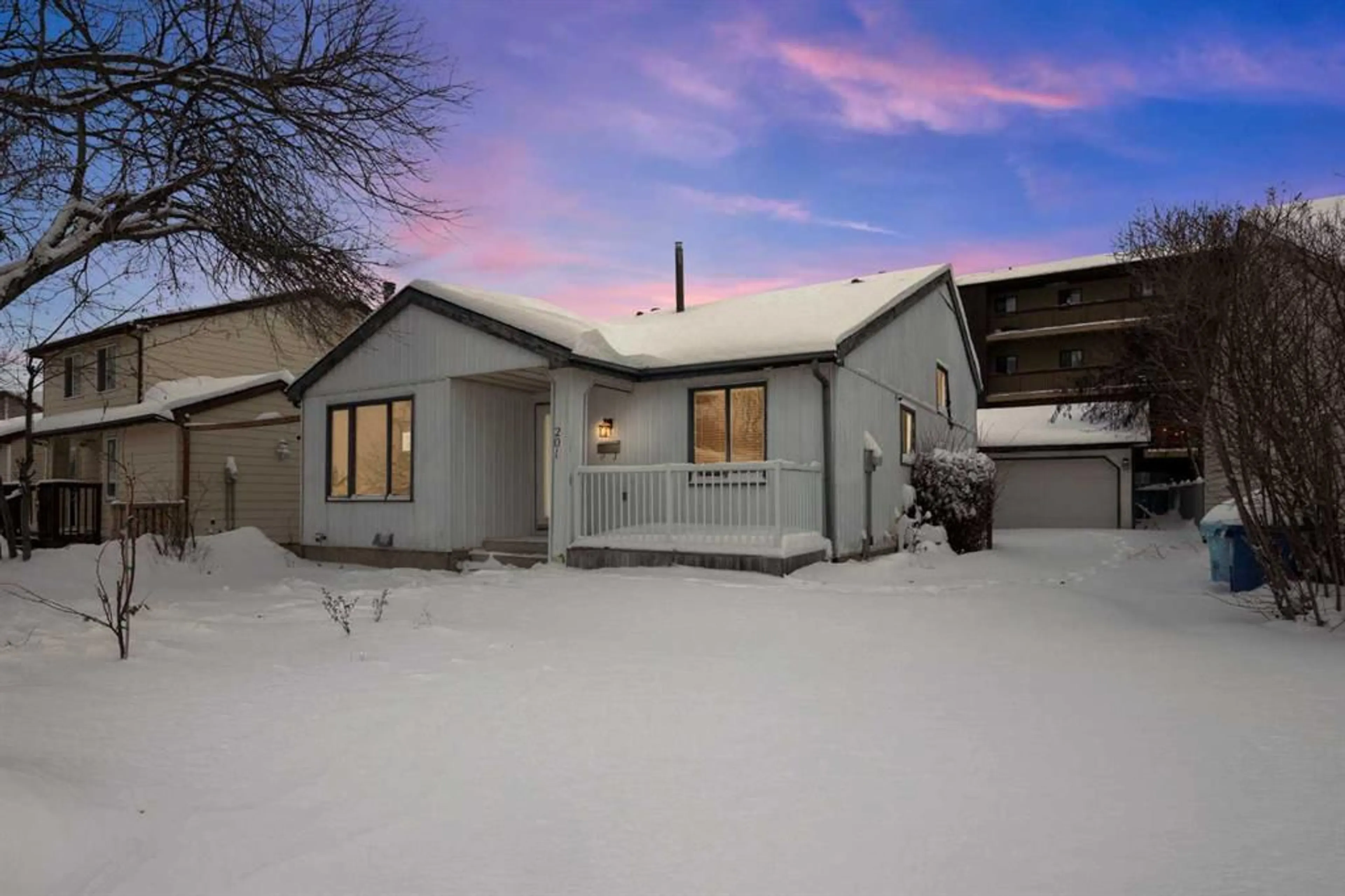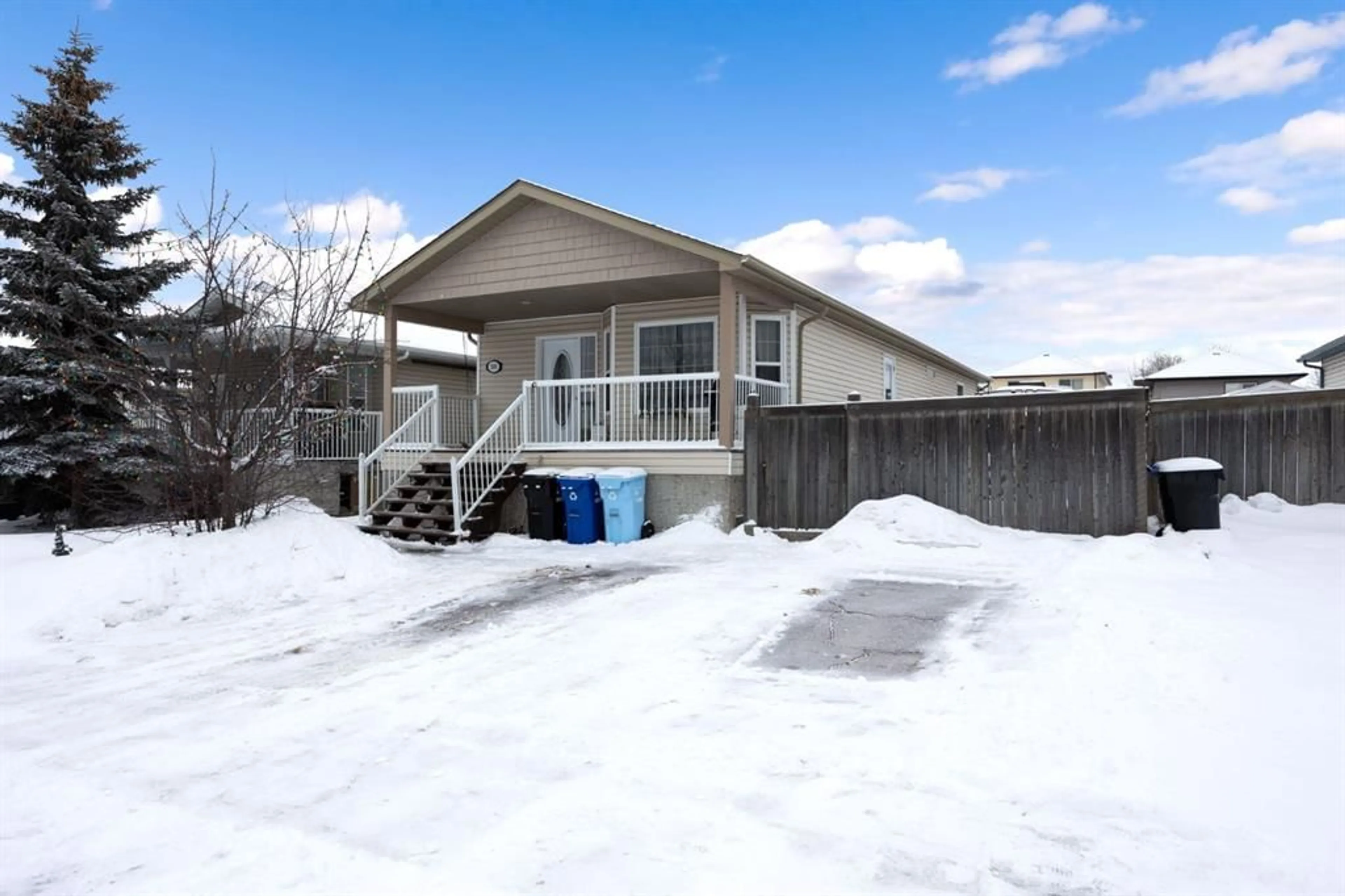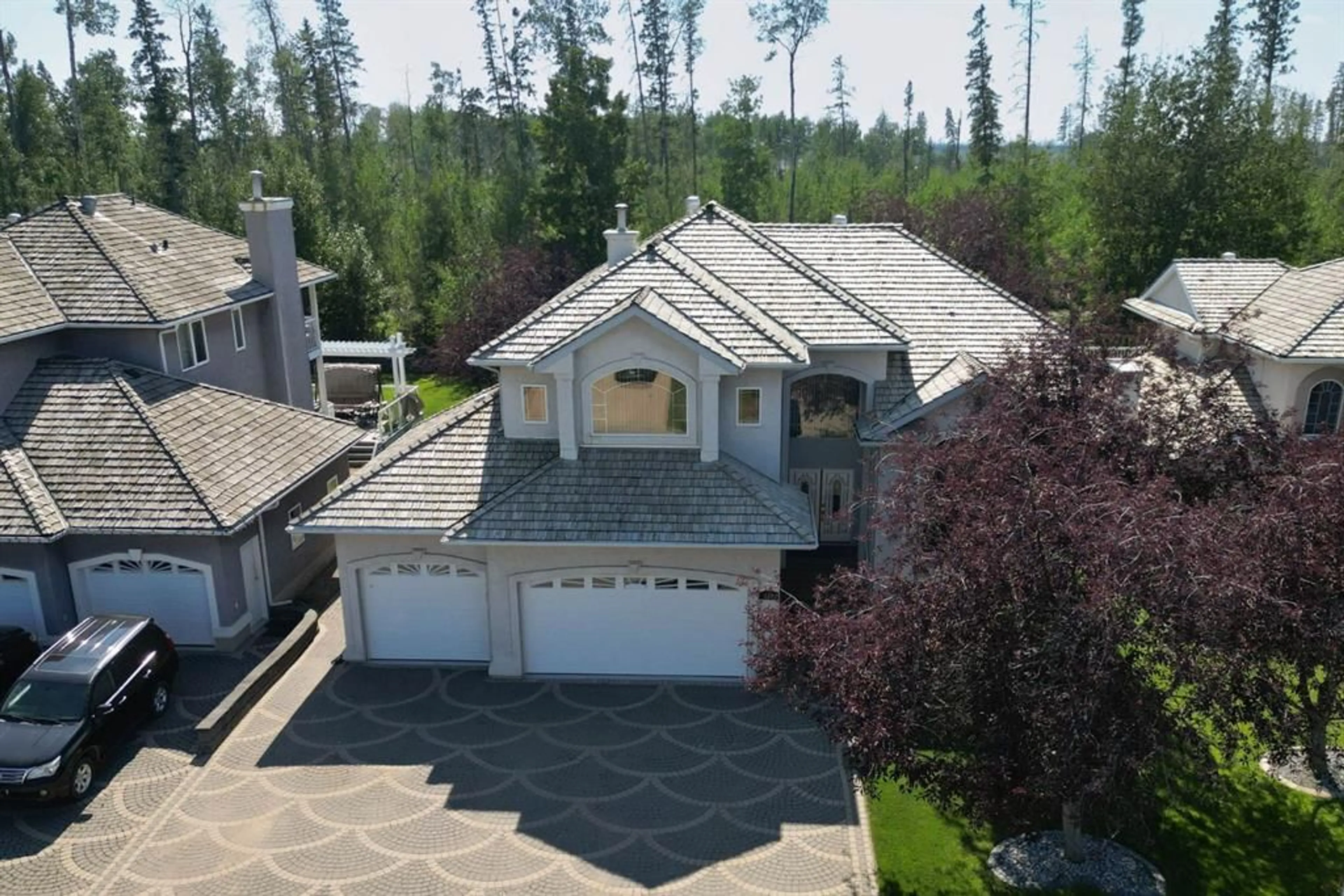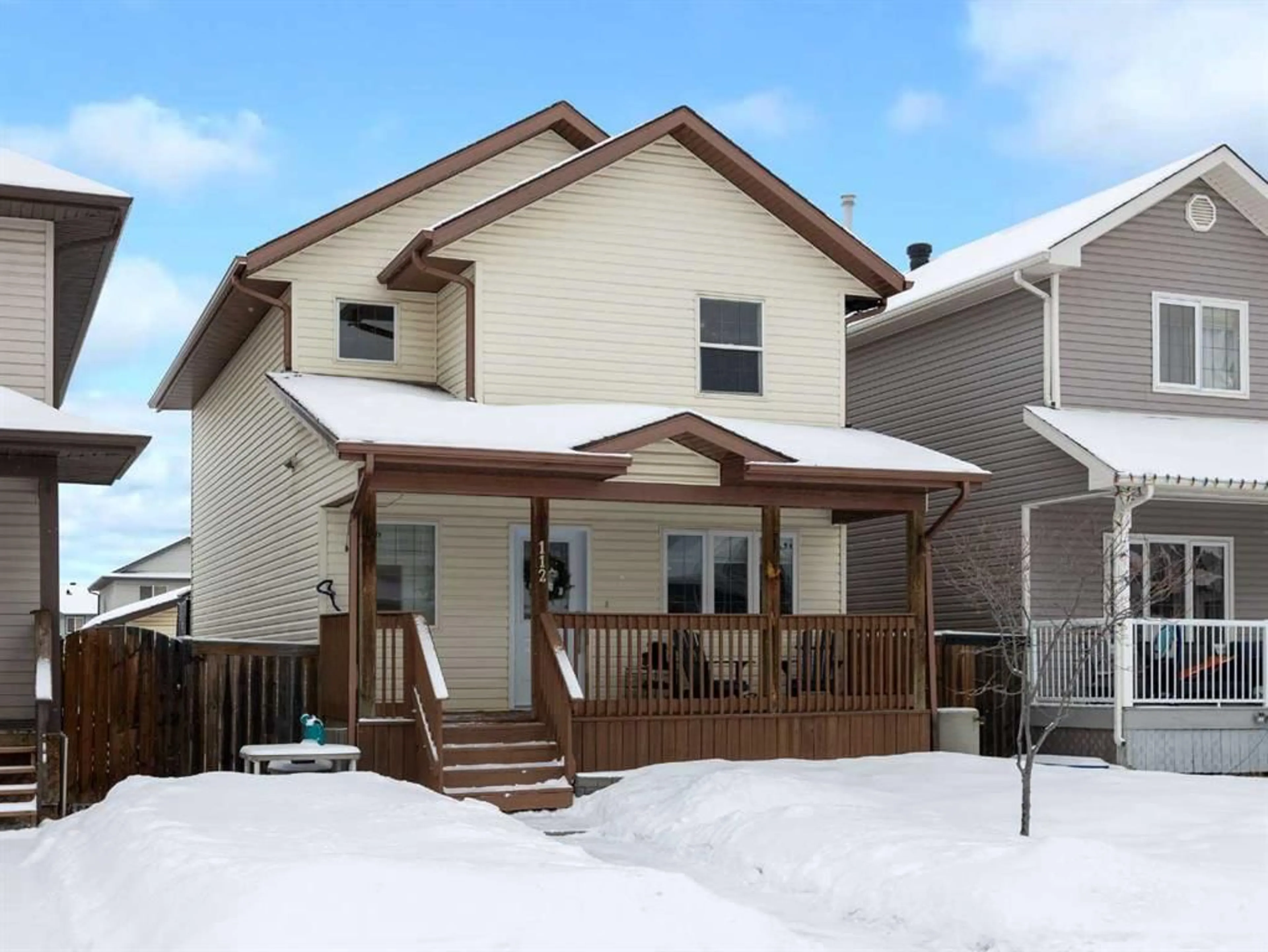Days on market
Bedrooms
Bathrooms
Property type
Homes For Sale in Fort McMurray
Tour homes in this area
We'll be in touch shortly to help you with your home search.
Fort McMurray Real Estate Market FAQs
Last updated Feb 16, 2026How many real estate listings are currently for sale in Fort McMurray?
As of today, the Fort McMurray real estate market currently has 147 detached homes, 11 semi-detached homes, 32 condos, and 25 townhouses, totaling 215 listings in Fort McMurray.
How many new properties were listed in Fort McMurray in the last 30 days?
In the last month, Fort McMurray has 75 new detached homes, 0 new semi-detached homes, 20 new condos, and 13 new townhouses, totaling 108 new properties listed.
How much does a detached home cost in Fort McMurray?
In the last month, the median sold price for a detached home price in Fort McMurray is $415,000, which is an decreased of 2.4% on the same period last year.
How much does a condo cost in Fort McMurray?
In the last month, the median sold price for a condo price in Fort McMurray is $65,000, which is an decreased of 76.9% on the same period last year.
How much does a townhouse cost in Fort McMurray?
In the last month, the median sold price for a townhouse price in Fort McMurray is $143,500, which is an increased of 9.9% on the same period last year.
Population & demographics
Total population
67,380
Population age (%)
Household
Average household income
$208,607
Household composition (%)
Owners / Renters (%)
Mother Tongue (%)
How much does it cost to live in Fort McMurray?
Detached
Median Selling Price$415,000
Average Days on Market
63.37
#Active Listings (January)
148
#Sold Listings (January)
35
Semi-Detached
Median Selling Price$181,250
Townhouse
Median Selling Price$143,500
Average Days on Market
17.5
#Active Listings (January)
24
#Sold Listings (January)
6
Condo
Median Selling Price$65,000
Average Days on Market
61.76
#Active Listings (January)
39
#Sold Listings (January)
17
